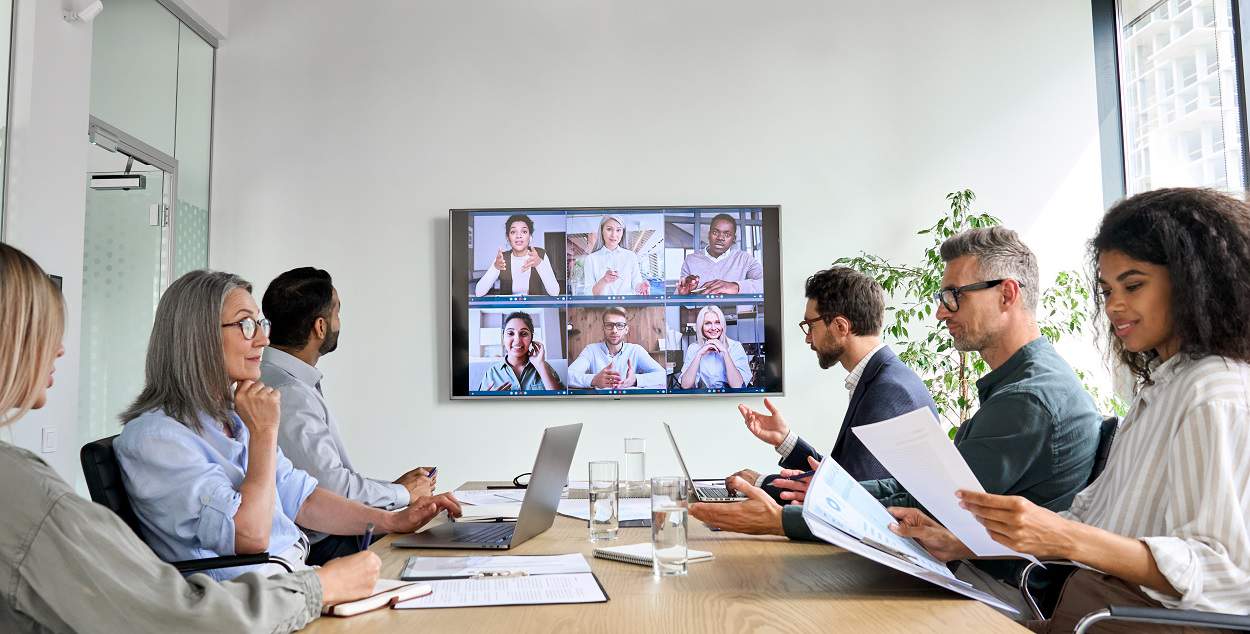With the impending end of ISDN, Voice over Internet Protocol (VoIP) systems have become a vital tool for business communication. VoIP phone systems offer cost-effective and flexible solutions for organisations of all sizes. However, as with any business system, ensuring your VoIP security is crucial. Below we explore the best practices to safeguard your business communications and protect your sensitive data.
Understanding VoIP Security Risks
Before discussing best practices, we need to understand the potential risks associated with VoIP. Some of these threats are as follows:
Eavesdropping: Unauthorised parties may intercept your VoIP calls, potentially exposing confidential information.
Denial of Service (DoS) Attacks: DoS Attackers can flood your VoIP network with traffic, rendering it unusable.
Vishing: VoIP is susceptible to voice phishing, where attackers impersonate trusted individuals or organisations to gather information.
VoIP Security Best Practices
Selecting a Reliable VoIP Provider: The initial step in fortifying your VoIP security infrastructure involves choosing a provider renowned for their steadfast commitment to security. Prioritise those organisations that offer robust encryption techniques, two-factor authentication, and recurrent security patch updates. This sets the cornerstone for a robust, secure communication ecosystem.
Implementing Strong Password Protocols: The implementation of elaborate and unique passwords for VoIP accounts is imperative. Employ mechanisms such as periodic password rotations and multi-factor authentication. Additionally, foster a culture wherein employees are prompted to regularly update their passwords and adhere to best practices, further reducing vulnerability.
Enabling Encryption Mechanisms: Incorporate encryption protocols like Secure Real-time Transport Protocol (SRTP) to obfuscate your VoIP conversations, thereby deterring eavesdropping activities. This creates an additional line of defence, rendering intercepted data incomprehensible to unauthorized entities.
Network Segmentation Strategies: Design your network in a manner that segregates VoIP traffic from other forms of data. This stratification minimises the risk of unauthorized entities gaining access to sensitive communication lines, thereby reinforcing your overall cybersecurity posture.
Deployment of Firewalls and Intrusion Detection Systems (IDS): Incorporating firewalls and IDS serves as a pre-emptive measure against suspicious activities. These tools scrutinise data packets, detect anomalies, and neutralise potential threats, adding an additional tier to your security infrastructure.
Regular Updates to Software and Firmware: Maintain the integrity of your VoIP devices, including telephones and routers, by consistently applying the most recent security patches. Staying abreast of these updates closes potential vulnerabilities, making it increasingly difficult for attackers to exploit your systems.
Employee Education: Human error often serves as the weakest link in cybersecurity. Conduct regular educational sessions focused on VoIP security best practices. This should encompass areas like identifying phishing attempts and practicing secure call etiquettes, hence elevating the collective awareness and competency of the organisation.
Monitoring Traffic Behaviour: Execute rigorous and regular monitoring of your VoIP network to identify anomalies or signs that could indicate a possible security breach. Swift detection enables timely countermeasures, mitigating potential damage.
Implement Access Control Measures: Adhere to the principle of least privilege by employing Role-Based Access Control (RBAC). This ensures that only authorised personnel have the ability to interact with your VoIP systems, thereby reducing the surface area for potential attacks.
Comprehensive Disaster Recovery Planning: Formulate an all-encompassing disaster recovery strategy that integrates VoIP systems. This ensures that in the event of a cyber-attack or system malfunction, a structured approach exists to restore functionalities, thus safeguarding business continuity.
Employing Robust VoIP Security
VoIP technology has revolutionised business communication, but it also introduces new security challenges. By following these best practices, you can strengthen the security of your VoIP system, protect your business communications, and maintain the trust of your clients and partners.
Akita provides VoIP security services for a range of organisations across the country. Discover more:
Read More




